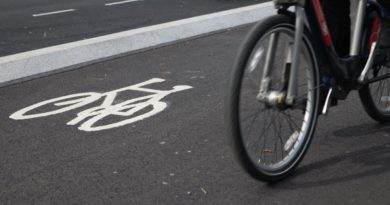High Court rules business interruption case in favour of policyholders
The High Court has ruled in favour of the Financial Conduct Authority‘s business interruption case, brought on behalf of small businesses adversely impacted by insurers refusing to pay out on select clauses when the Covid-19 pandemic landed in the UK.
The landmark legal judgement now means that policyholders who had made a business interruption claim should now hear from their policy provider within the next seven days with a plan of action.
Christopher Woolard, Interim Chief Executive of the FCA, commented: “We brought the test case in order to resolve the lack of clarity and certainty that existed for many policyholders making business interruption claims and the wider market. We are pleased that the Court has substantially found in favour of the arguments we presented on the majority of the key issues. Today’s judgment is a significant step in resolving the uncertainty being faced by policyholders. We are grateful to the court for delivering the judgment quickly and the speed with which it was reached reflects well on all parties.
“Coronavirus is causing substantial loss and distress to businesses and many are under immense financial strain to stay afloat. Our aim throughout this court action has been to get clarity for as wide a range of parties as possible, as quickly as possible and today’s judgment removes a large number of those roadblocks to successful claims, as well as clarifying those that may not be successful.
“Insurers should reflect on the clarity provided here and, irrespective of any possible appeals, consider the steps they can take now to progress claims of the type that the judgment says should be paid. They should also communicate directly and quickly with policyholders who have made claims affected by the judgment to explain next steps.
“If any parties do appeal the judgment, we would expect that to be done in as rapid a manner as possible in line with the agreement that we made with insurers at the start of this process. As we have recognised from the start of this case, thousands of small firms and potentially hundreds of thousands of jobs are relying on this.”
Back in June numerous retailers in the cycling industry revealed that their claims were falling on deaf ears, prompting the ACT to begin to survey its membership on what small businesses would like to see presented as part of the legal case. Over 400 small businesses across multiple industries were said to be pursuing legal action against Hiscox, among others.
For bicycle retailers the issue was complicated by the exemption the Government granted to shops to remain open as an essential service. Some retailers, for personal or safety reasons, opted to close their doors despite the surge in custom.
Walton Street Cycles was one such business who struggled with the situation. They told CI.N at the time: “We ended up staying open with minimum staff and control measures in place to reduce risk of infection after the government announced bike shop were essential, but it is quiet and business is badly effected.
“We are struggling with the larger overheads of the business such as the rent. Turnover has halved and even with the government grant times are tough. We operate within tourism too, we hire bikes and operate tours, these have all cancelled.”
Today’s ruling provides a template to identify which claims are to be covered in the wake of the pandemic. As the Covid-19 strain was new to the world, many insurers had argued it couldn’t be accounted for in policies as other diseases were.



